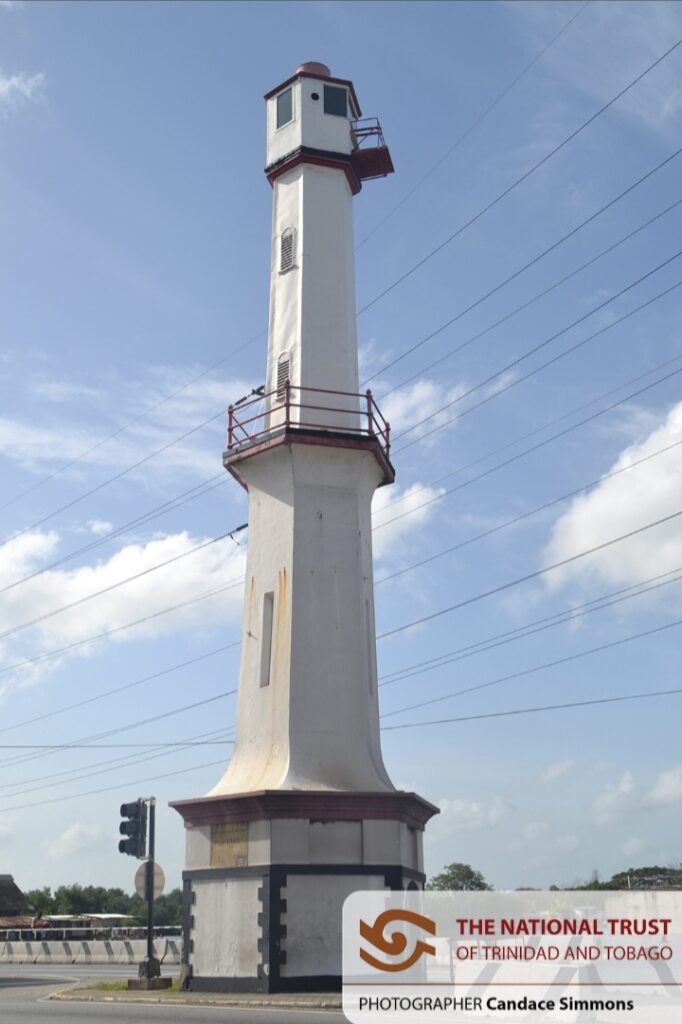
Preserving Cultural Heritage in the Caribbean is a multifaceted challenge that intertwines the rich tapestry of history, identity, and climate resilience. In the face of climate change, the Caribbean nations of Trinidad and Tobago, the British Virgin Islands, and Dominica have embarked on resilient initiatives to safeguard their cultural heritage sites. In this article, we’ll delve into the impactful endeavors in each of these countries, where dedicated individuals and organizations strive to navigate the intricate balance between preserving the tangible and intangible elements of their cultural identity and combating the escalating threats posed by climate change.
Resilient Heritage Trinidad and Tobago: Navigating Climate Challenges
Climate resilience and cultural heritage resilience are interconnected. The integrity of artefacts, cultural practices, and events remains at risk from the impacts of climate change. Recognising the severity of climate events, there is the challenge of safeguarding and restoring archaeological sites. The National Trust of Trinidad and Tobago serves as the custodian of tangible heritage in the country. It launched Resilient Heritage Trinidad and Tobago, a grant project funded by the US Ambassadors Fund for Cultural Preservation (AFCP). It is a two-phase initiative that aims to advance the resilience and long-term preservation of Trinidad and Tobago’s historic sites and cultural resources as they are impacted by climate change.
This project features the collaborative work of Kara Roopsingh, Senior Heritage Preservation and Research Officer and Project Lead for Resilient Heritage T&T, and Crystal Austin, Grants Officer for the National Trust of Trinidad and Tobago. Their focus areas are St. Vincent Jetty Lighthouse, Fort San Andres, the Port of Spain Old Railway Station, also known as the PTSC building, and the historically significant Nelson Island, located off the fishing village of Carenage.
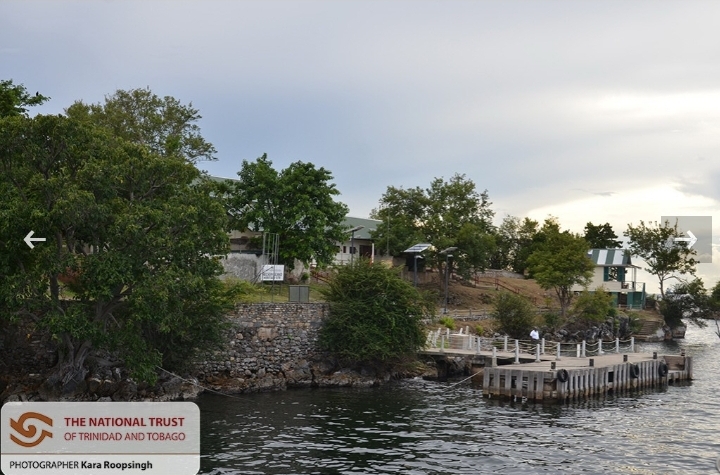
The vulnerability at these sites remains of concern throughout their work. Roopsingh shared, “Our project sites are threatened by several human-induced and natural impacts, including deferred maintenance and, increasingly, flash flooding. We’ve all seen the floods in Port of Spain after a heavy downpour, and projections of sea level rise for Port of Spain are between 37.74 cm (approximately 14.5 inches) at the lowest predictions and 43.15 cm (17 inches) at the highest over the next three decades. This already gives us an idea of what we can expect at the selected sites located in downtown Port of Spain.”
Increased flooding and severe weather patterns pose risks to the infrastructural integrity of these sites. Through the work of Resilient Heritage T&T, the National Trust aims to determine a bit more precisely the extent of damage or changes to these project sites through documentation and necessary conditions analysis (NCA), then through climate change modelling and risk assessment. The aim is to utilise the findings for conservation and adaptation management frameworks that can be integrated into national policies in collaboration with stakeholders, including the Ministry of Planning and Development.
Dominica’s Cultural Heritage sites and their Resilience To Climate Change
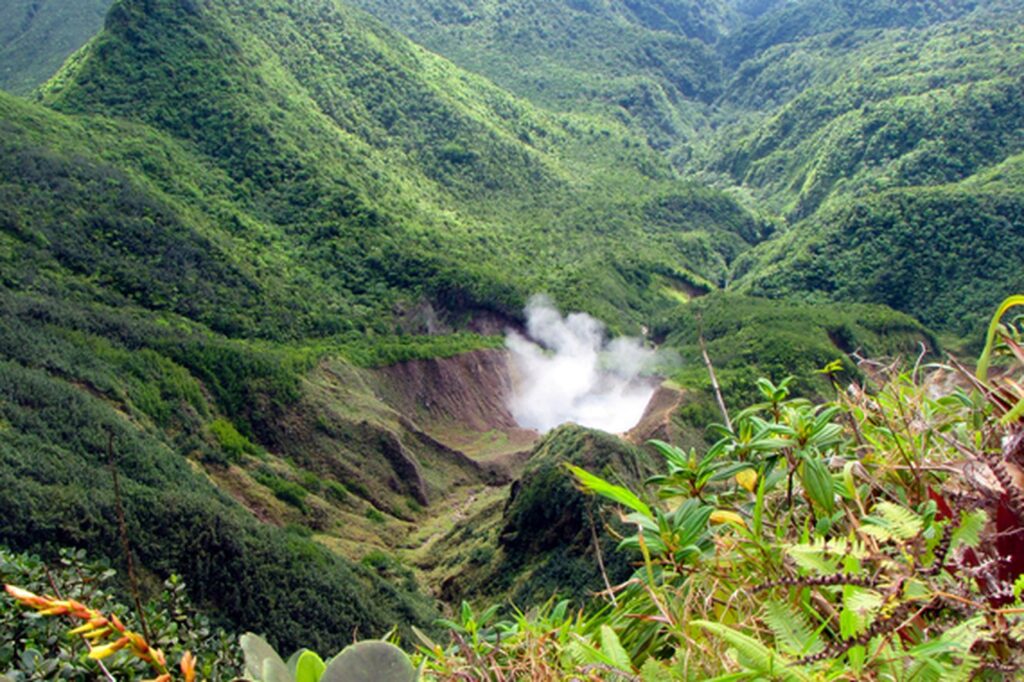
The profound impact of climate change activities poses a dual threat to the cultural fabric. It encompasses both intangible aspects and tangible assets that define the Caribbean’s identity and history. The pervasive use of CO2 and fossil fuel-based products jeopardises the planet’s environmental safety barriers. A literature review by WIRES Climate Change reveals that temperature changes, precipitation variations, atmospheric moisture shifts, and increased wind intensity, along with sea level rise, desertification, and the interplay of climatic changes with air pollution, are identified by UNESCO as formidable threats to cultural heritage.
In response to this existential challenge, countries in the Caribbean, including Dominica, have assumed the role of experts in climate change mitigation and adaptation techniques. Dominica, which is celebrated for the Morne Trois Piton Park UNESCO Heritage Site in its south-central interior, recently concluded its Independence festivities. According to the UNESCO World Heritage Center, the formal conservation history of Morne Trois Pitons National Park dates back to the 1950s, eventually being designated as Dominica’s first national park in 1975. Other cultural heritage sites in Dominica, such as Fort Shirley, Morne Diablotin National Park, and the Soufriere-Scotts Head Marine Reserve, hold significance and are on UNESCO’s tentative list.
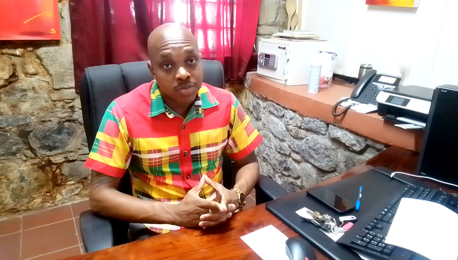
The past decade has witnessed the relentless intensification of storms and weather patterns that continue to affect Dominica’s heritage sites. Hurricane Maria, in 2023, wreaked havoc, causing substantial damage to the ecosystem, economy, and terrain. Despite the adversity, the Division of Culture, under the leadership of Earlson Mathew, demonstrates resilience with effective protocols for heritage management and conservation, as proven in the aftermath of Tropical Storm Erika in 2015 and Hurricane Maria in 2017.
Looking ahead, the Commonwealth of Dominica also known as Waitikubuli, is faced with its climatic challenges, however in the face of adversity, the competent minds of the Officials within the Division of Forestry and Culture, implement protocols which ensure the maintenance and conservation of these prestigious sites. Notwithstanding the excellent work of the above departments, citizens are being called upon to be good stewards to their cultural heritage sites and to remain patriotic in their expression of their culture and history.
Preserving Heritage Amidst the Changing Tides in the British Virgin Islands
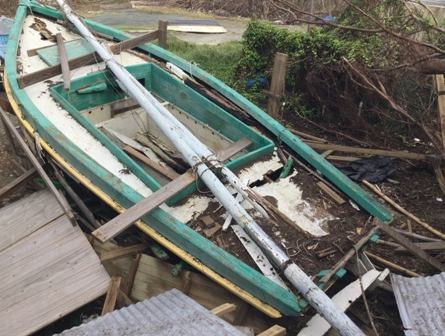
Derek Walcott, a Nobel Literature Prize Winner, underscores the profound role tangible cultural heritage sites play in shaping national identity. Dr. Katherine Smith, the Director of Culture within the Ministry of Tourism, Culture, and Sustainable Development in the Virgin Islands, echoed this sentiment in a recent interview, emphasizing that “cultural heritage is the foundation of cultural identity.” These sites serve as physical manifestations of identity, preserving the collective memory of a people. In the Caribbean, the ebb and flow of the ever-changing Caribbean Sea encapsulate much of the concrete evidence of heritage.
Alphaeus O. Norman, the oldest known poet in the Virgin Islands, further highlights the sea’s ubiquitous presence, chronicling the region’s extensive history of boat, sloop, and schooner construction. Dr. Smith elaborates on the significance of sloops, stating, “One of the most valuable artifacts we have are our sloops,” as these vessels, with a single headsail in the air, have been intricately connected to the sea since the 1700s. However, the realities of climate change pose a significant threat to these heritage sites. The question arises: If the sea is history, how do we preserve the very element that has the potential to destroy us?
On September 6, 2017, the Virgin Islands faced devastation from a category 5 hurricane, a direct consequence of climate change. Dr. Smith characterizes this as a “real climate injustice,” emphasizing that the impacts of climate change disproportionately affect smaller nations like the Virgin Islands. This injustice extends to tangible cultural heritage, with Hurricane Irma causing four of the region’s most historic sloops, including the oldest sloop on Tortola, the Intrepid, to sink. Despite the loss, efforts have been made to restore these maritime relics, with the Virgin Islands Sloop Foundation successfully relaunching two of the sunken sloops.
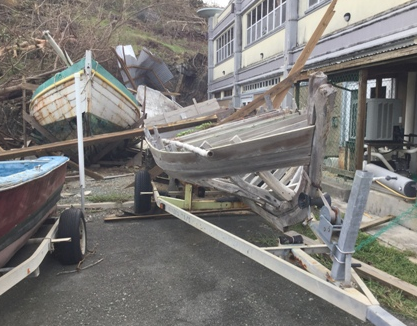
Looking forward, a sustainable approach emerges through strategic initiatives. The Department of Culture, now under the Ministry of Tourism, Culture, and Sustainable Development, collaborates with the Department of Disaster Management. Supported by the DOC, the DDM conducts a comprehensive historical site hazard risk assessment for over 200 heritage sites in the Virgin Islands, addressing risks from earthquakes to landslides. The collaborative effort aims to produce a disaster management plan, charting a sustainable course to navigate and mitigate the risks associated with climate change.
In conclusion…
Preserving cultural heritage in the Caribbean requires a delicate dance between history and climate resilience. From the ambitious Resilient Heritage project in Trinidad and Tobago to Dominica’s steadfast efforts in the aftermath of natural disasters, and the British Virgin Islands’ commitment to sustainable development, these nations are navigating the complexities of climate change to ensure their cultural legacy endures. As these initiatives unfold, they not only stand as testaments to resilience but also serve as beacons calling upon citizens to actively participate in the preservation of their cultural heritage, fostering a sense of collective responsibility for the identity that is deeply rooted in the Caribbean soil and seas.
This story was published by News 5 Belize with the support of the Caribbean Climate Justice Journalism Fellowship, which is a joint venture between Climate Tracker and Open Society Foundations.